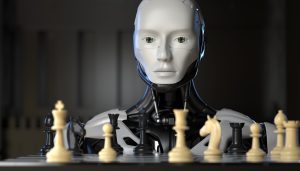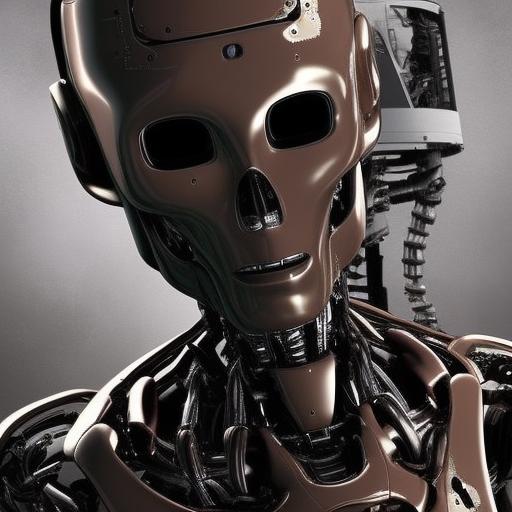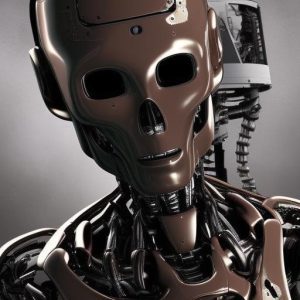In recent years, the development of artificial intelligence (AI) has made many exciting advances possible, from self-driving cars to interactive robots. But as AI technology continues to grow and become more complex, some people are beginning to ask whether it has gone beyond what is necessary or what is even safe. This question of “has artificial intelligence gone too far?” is one that deserves serious consideration. AI has the potential to revolutionize many aspects of our lives, but it also comes with risks that we must be aware of. This blog post will explore both the benefits and the potential dangers of AI, as well as the ethical considerations of its use. By doing so, it will provide readers with a comprehensive understanding of the current state of AI and the implications of its use in our society.
What is the Biggest Danger of AI?
One of the major dangers of Artificial Intelligence is its potential to do damage on a large scale. Many AI systems are designed to act autonomously, and their behaviour can be difficult for humans to predict or control. This could lead to AI systems making decisions that are disastrous for society. For example, AI could be used to manipulate financial markets, manipulate public opinion, or even to launch cyber-attacks on other countries. If AI systems were to go awry, the implications could be dire.
How Far Away Are We From True AI?
Despite the advancements in technology, artificial intelligence (AI) is still far from being a fully realized concept. AI is currently used in many applications and has been found to be extremely useful, but it still lacks the ability to think and make decisions on its own. AI is still limited to following pre-programmed instructions, meaning it can only do what it has been designed to do. It is unable to recognize patterns and make decisions based on those patterns in the same way that humans can. We are still a long way away from creating a true AI that can think and act independently like a human being.
Is AI Being Overhyped?

There’s no denying that AI has made leaps and bounds in recent years and is poised to revolutionize countless industries in the years to come. However, there’s also no denying that AI is being overhyped in some ways. Many of the solutions and applications described as “AI-powered” are nothing more than basic algorithms and automation. AI is still in its infancy, and many of the claims being made about its capabilities are far from reality. It’s important to remember that AI is still a long way from achieving the level of sophistication and intelligence that many companies are claiming it has.
How Likely is an AI Takeover?

When we talk about an AI takeover we usually mean artificial intelligence (AI) systems becoming so powerful they can become self-aware and disrupt humanity. While this may sound like the plot of a science fiction movie, AI experts have studied the possibility of an AI takeover and found that it is extremely unlikely in the near future. AI technology is still in its infancy and has a long way to go before it reaches a level of sophistication and autonomy that would cause concern. Moreover, AI experts have proposed a number of safety measures to ensure that any AI development is done in a responsible and safe manner.
Is AI a threat to human civilisation?
The potential of Artificial Intelligence (AI) has sparked a lively debate among experts and the general public alike. While some hail AI as a significant breakthrough that will revolutionize the world and make life better for everyone, others worry that it could soon become a serious threat to human civilization if it is not used responsibly. The debate has intensified in recent years as AI technology has become more advanced and powerful. One of the key questions that has been raised is whether AI is, in fact, a threat to human civilization. On the one hand, AI can potentially automate many human tasks and replace human labour, which could result in the loss of jobs and income for many people. On the other hand, AI has the potential to tackle problems beyond the capability of humans, open up new opportunities, and even improve the quality of life. Ultimately, the answer to this question will depend on how we use AI and the measures we take to ensure it is used responsibly.
In conclusion, while the potential of AI is exciting and offers countless possibilities, it is important to consider the ethical implications and potential dangers of AI. We must be proactive in regulating the development of AI, ensuring that algorithms are transparent, and that safety measures are put in place to protect the public from malicious AI. With the right precautions in mind, AI can be used to bring positive change to the world.

